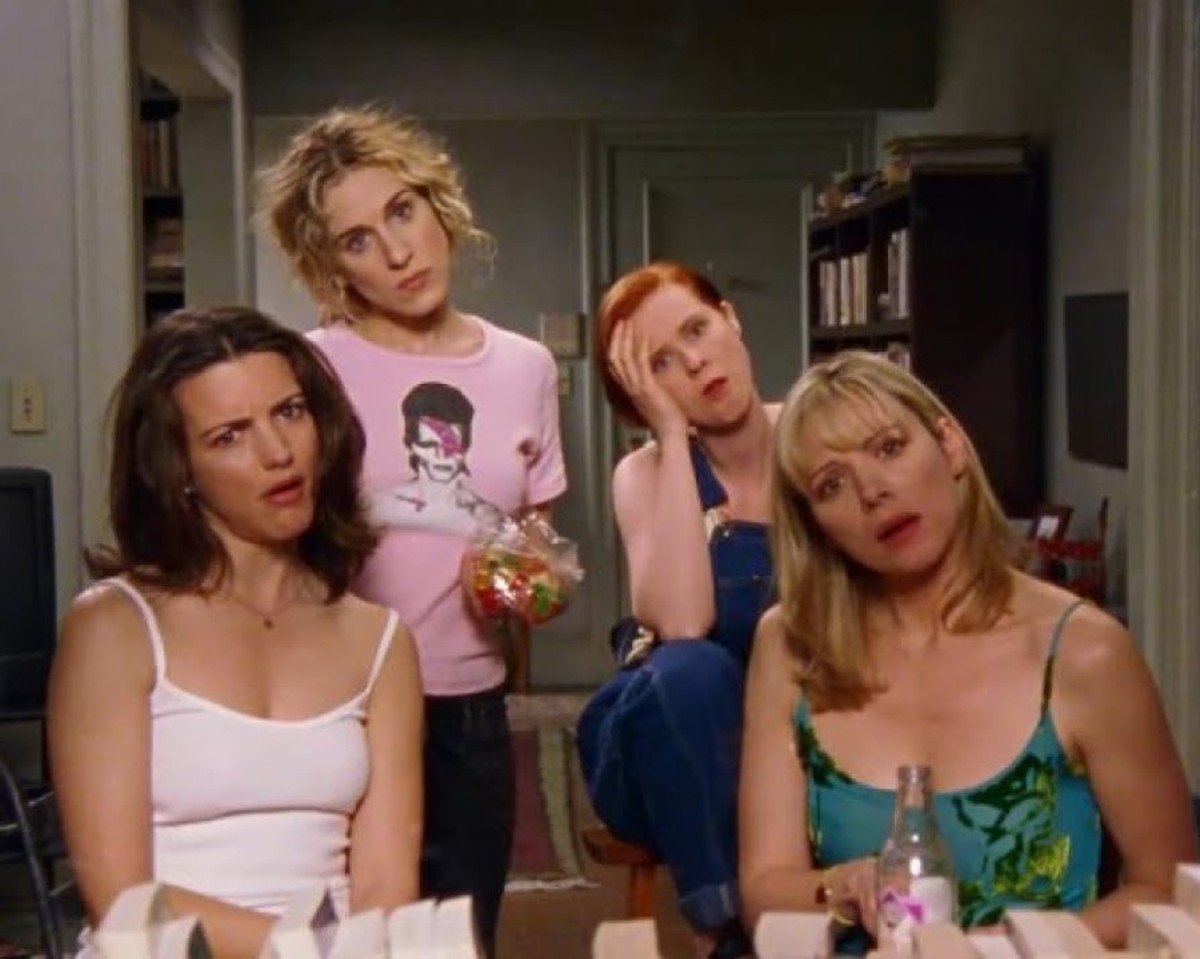
It's horrific to discover your loved one is cheating, but what if you could find out the signs before they do it?
We'd all want to spot the "tells" that someone is engaging in infidelity, right?
The thing is, if you've been cheated on before or have unresolved trust issues, suddenly, everything can feel like a red flag. They're home late? Cheating. They smile at their phone? Cheating. They breathe? Definitely cheating.
But here's the uncomfortable truth: sometimes the problem isn't them; it's your insecurity whispering, "What if?"
What looks like a "sign" is often just fear talking. If you're in a secure place, those same behaviours might not even register. It's like someone rubbing your arm — if there's a wound, it stings; if not, it's just a touch. Context is king!
Watch: the video below for signs someone might be cheating on you.
And let's face it: some of us like the drama of hunting for signs. It gives us a weird sense of control, as if spotting the "cheating tells" early will somehow hurt less. Spoiler: it won't.
Of course, red flags exist, but they must be understood in the bigger picture of trust, communication, and the relationship dynamic. A single behaviour doesn't scream "RUN!" It's about patterns, not paranoia.
































































































